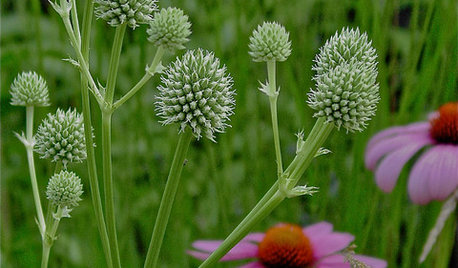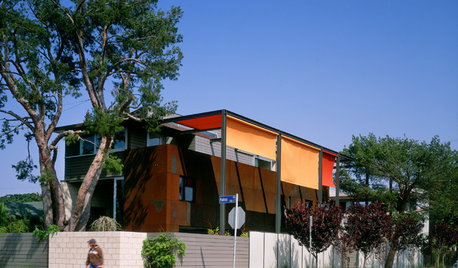Interesting article...
lucy
16 years ago
Related Stories

MOST POPULARThe Top 10 Houzz Articles of 2014
Get practical advice on kitchens, bathrooms, decorating, storage and more with the most viewed stories of the year
Full Story
COLOR8 Neutral Rooms That Sneak In Color Interest
Kick up your favorite palette's visuals without diluting the tone-on-tone look, following the lead of these sophisticated spaces
Full Story
GARDENING GUIDES10 Cold-Hardy Succulents for Cool-Season Interest
These attractive plants shrug off colder temperatures, and many can be brought inside in containers in extra-chilly climates
Full Story
GARDENING GUIDESGreat Design Plant: Lindera Benzoin Offers 3-Season Interest
Support wildlife and enjoy the aromatic leaves of this U.S. native also known as spicebush, Benjamin bush and spicewood
Full Story
GARDENING GUIDESGreat Native Plant: Rattlesnake Master for Unique Interest
Serpents actually don’t give a hoot about this prairie wildflower, but insects do — and the foliage is a big draw too
Full Story
LIGHTINGMix Your Lamp Styles for Major Interest
Unpair those light fixtures for unrivaled personality and appeal. Here’s how to do it right
Full Story
ARCHITECTUREModern Architecture Carves Out Room for Interest
Go ahead, stand in the corner. With entryways and patios architecturally carved into the corner of a home, you'll enjoy the view
Full Story
ARCHITECTUREThat's Interesting! 6 Designs That Defy Labels
Get inspired by the lines and textures of these homes, categorized only by the fact that they have no category
Full Story
REMODELING GUIDESInteresting Industrial Materials: Cor-Ten Steel
Use the Rust-Rich Metal for a Variety of Exterior Applications
Full Story
GARDENING GUIDESCelebrate Eastern Oaks for Wildlife, Longevity and Seasonal Interest
There might not be a more important tree to have in your eastern U.S. landscape — if you can fit one in
Full StoryMore Discussions






cacye
rusty_blackhaw
Related Professionals
Allen Landscape Architects & Landscape Designers · Tempe Landscape Architects & Landscape Designers · Chattanooga Landscape Architects & Landscape Designers · Lyons Landscape Architects & Landscape Designers · Suffern Landscape Architects & Landscape Designers · Aurora Landscape Contractors · Bristol Landscape Contractors · Cupertino Landscape Contractors · Ellicott City Landscape Contractors · Forest Hills Landscape Contractors · St. Louis Landscape Contractors · Pataskala Carpenters · Salisbury Carpenters · Sand Springs Roofing & Gutters · Wood Dale Roofing & Gutterscacye
rusty_blackhaw
eibren
rusty_blackhaw